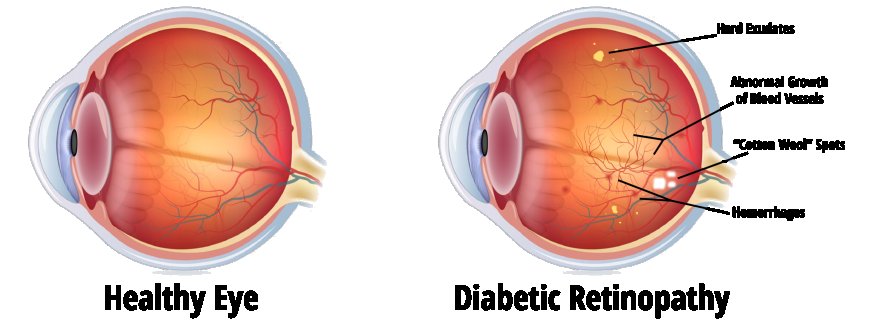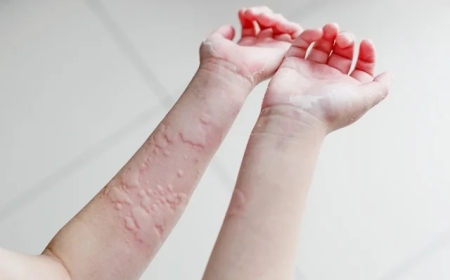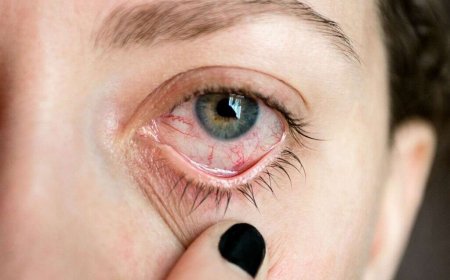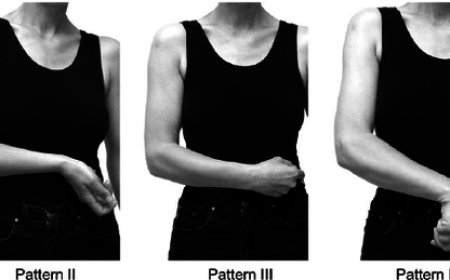Diabetic Eye Disease

Introduction:
Hello young readers! Today, we're going to explore a condition called "Diabetic Eye Disease" that affects the eyes of people with diabetes. Diabetes is a health condition where the sugar level in our blood becomes too high, and it can cause problems for our eyes if not taken care of properly. Let's learn about the signs, types, causes, tests, treatments, and prevention techniques for Diabetic Eye Disease in simple language that you can easily understand!
Signs and Symptoms:
When someone has Diabetic Eye Disease, they may experience some warning signs. These can include blurry vision, seeing floaters (tiny spots or specks that seem to float in front of your eyes), difficulty seeing at night, and having sudden changes in vision. It's essential to tell a grown-up or visit an eye doctor if you notice any of these symptoms.
What Is Diabetic Eye Disease?
Diabetic Eye Disease is a group of eye problems that can happen to people with diabetes. It happens because high sugar levels in the blood can damage the tiny blood vessels in the eyes, which affects the way they work. Three common types of Diabetic Eye Disease are diabetic retinopathy, diabetic macular edema, and cataracts.
How Is Diabetic Eye Disease Classified?
-
Diabetic Retinopathy: In this type, the blood vessels in the retina (the part of the eye that helps us see) get damaged. If not treated, it can lead to blindness.
-
Diabetic Macular Edema: This occurs when fluid leaks into the part of the retina responsible for sharp vision, called the macula. It can cause blurred or distorted vision.
-
Cataracts: People with diabetes are more likely to develop cataracts, which are cloudy areas in the eye's lens that make it harder to see clearly.
Causes and Triggers:
Diabetic Eye Disease is mainly caused by having diabetes for a long time and not managing it well. When blood sugar levels are consistently high, they can damage the blood vessels in the eyes. Uncontrolled diabetes, unhealthy eating habits, lack of exercise, and not taking medications as prescribed are some of the triggers that can make the condition worse.
Risk Factors:
Some examples of risk factors for Diabetic Eye Disease in India are:
- Not following a proper diet plan recommended by the doctor.
- Skipping or forgetting to take diabetes medications.
- Lack of awareness about the importance of regular eye check-ups.
Diagnostic Tests and Treatments:
To detect Diabetic Eye Disease, eye doctors use different tests. Some common ones are:
-
Dilated Eye Exam: The eye doctor puts special drops in your eyes to widen the pupils. This allows them to see inside your eyes and check for any signs of the disease.
-
Optical Coherence Tomography (OCT): This test uses light waves to create detailed images of the retina. It helps the doctor see if there is any swelling or damage.
-
Fluorescein Angiography: A special dye is injected into your arm, which travels through your blood vessels to the retina. Pictures are taken to see if any blood vessels are leaking.
Treatments:
If Diabetic Eye Disease is detected early, there are treatments available to prevent it from getting worse:
-
Laser Treatment: This procedure helps seal leaking blood vessels in the retina to stop further damage.
-
Anti-VEGF Injection: A medicine is injected into the eye to reduce swelling and prevent vision loss.
-
Cataract Surgery: If cataracts develop, surgery can remove the cloudy lens and replace it with a clear one to improve vision.
Complications and Prevention Techniques:
If Diabetic Eye Disease is not treated, it can lead to severe complications like permanent vision loss or blindness. To prevent this, you can follow these simple tips:
- Keep your blood sugar levels in control by taking your diabetes medications on time.
- Eat healthy foods like fruits, vegetables, and whole grains.
- Visit your eye doctor regularly for check-ups, even if you feel your vision is fine.
- Always wear sunglasses to protect your eyes from harmful UV rays.
In India, many people with diabetes face the risk of Diabetic Eye Disease. But by taking good care of our health, managing diabetes properly, and visiting the eye doctor regularly, we can protect our precious eyesight. Remember, our eyes are like precious jewels, and we must take care of them with love and care!
What's Your Reaction?
 Like
0
Like
0
 Dislike
0
Dislike
0
 Love
0
Love
0
 Funny
0
Funny
0
 Angry
0
Angry
0
 Sad
0
Sad
0
 Wow
0
Wow
0








































































